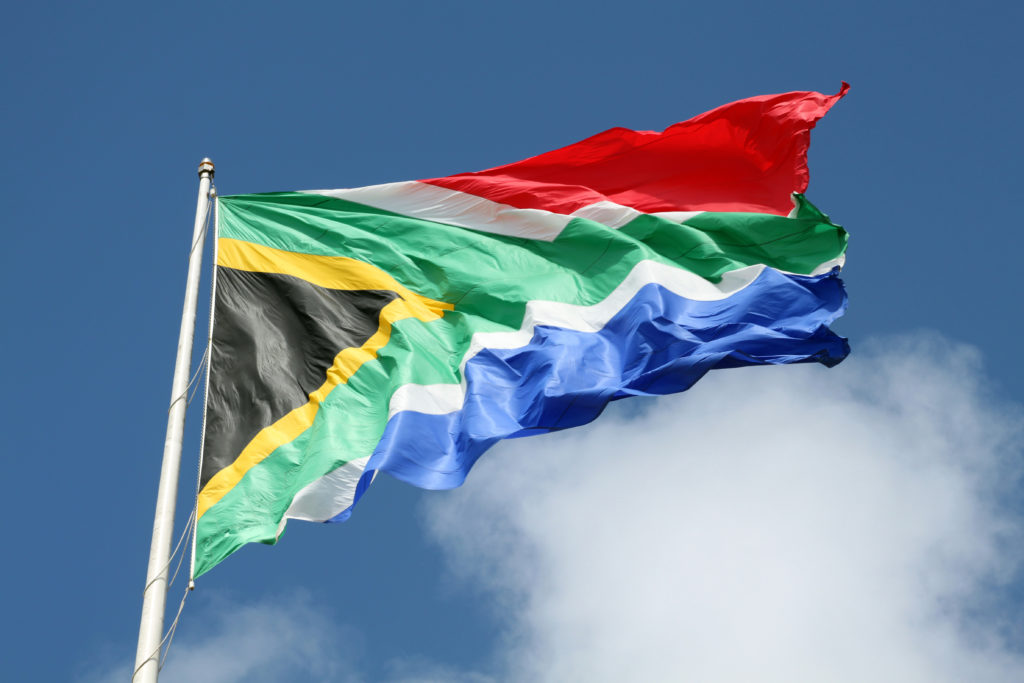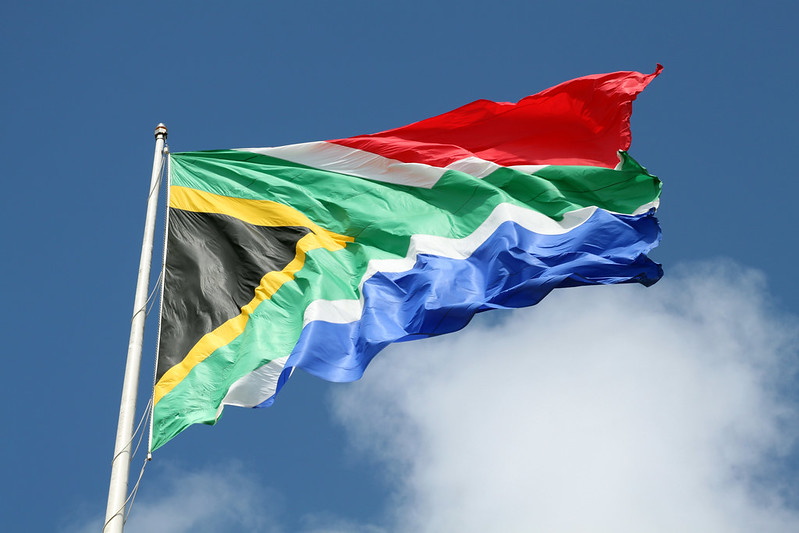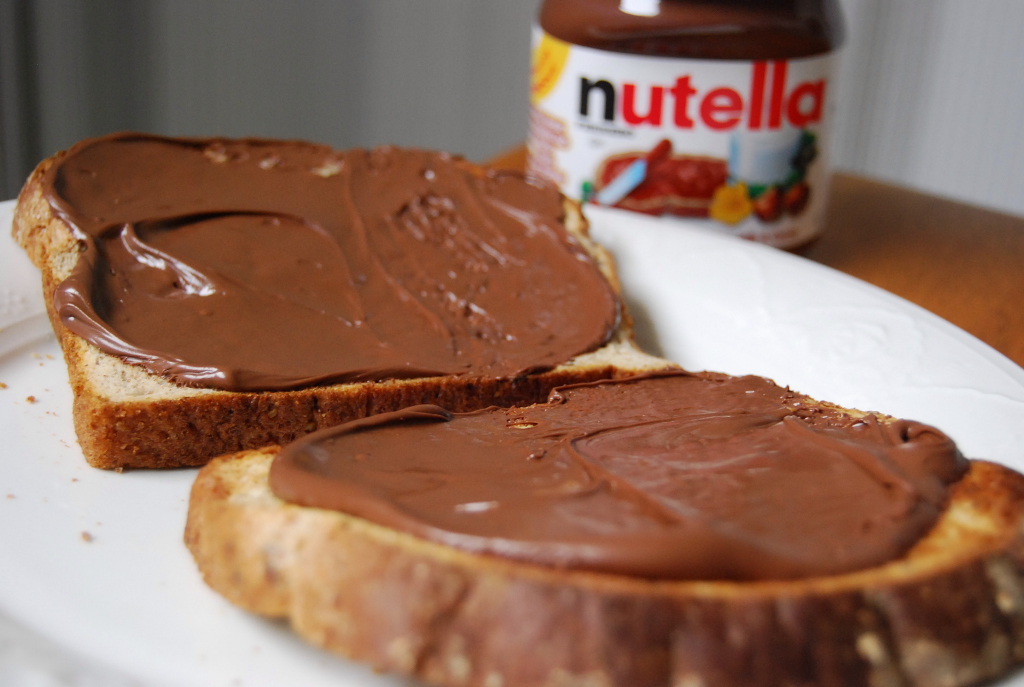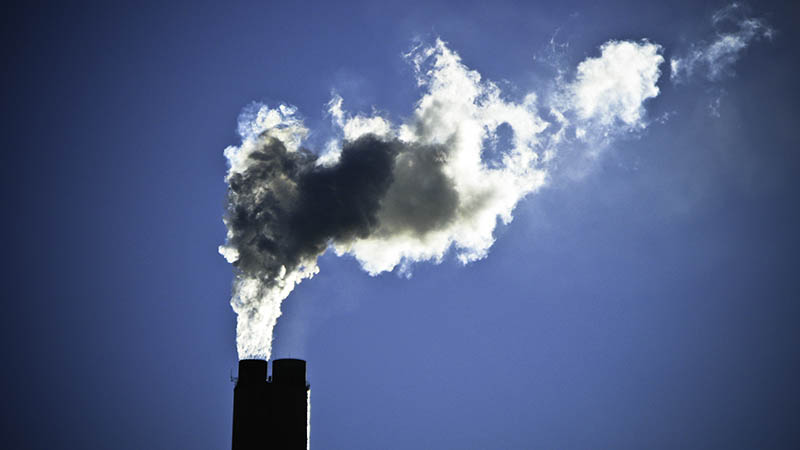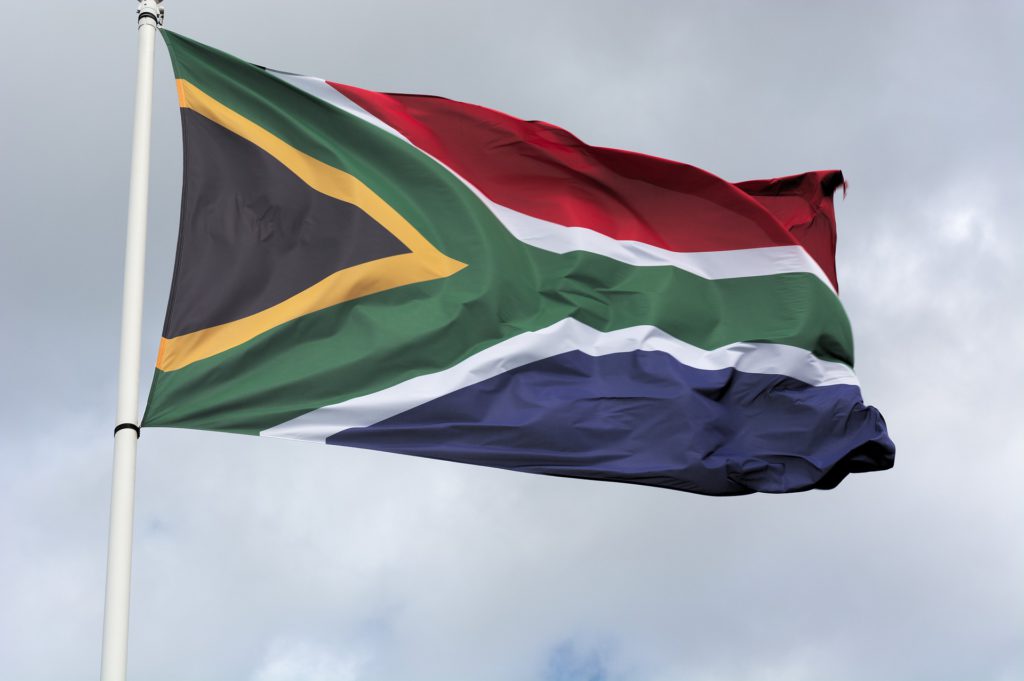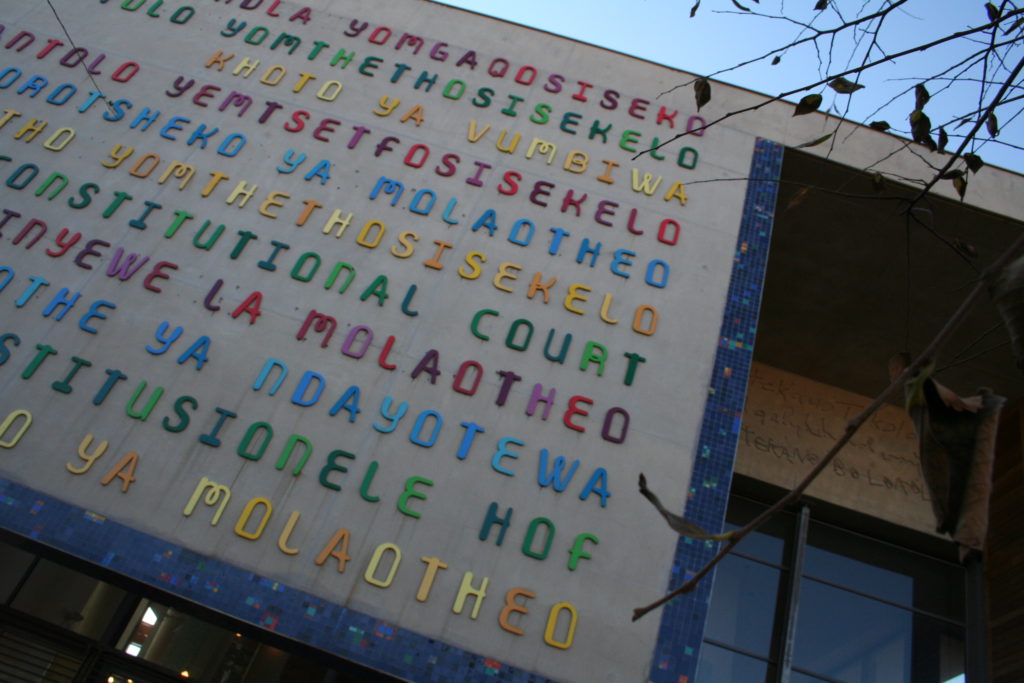Many South Africans know that under the current electoral system, the state president is often the president of the party that won the majority of votes in the most recent general election.
They know that President Ramaphosa is president of both the (mis)governing ANC and the country. They also know that his predecessor in both positions, currently serving what will no doubt be a portion of a fifteen-month prison term for contempt of court, has had the criminal justice system at his heels long before he was elected to the two powerful positions of party president in 2007 and state president in 2009.
While they might use different words and arguments to explain why he is yet to be fully tried and convicted, or acquitted, of the myriad of criminal charges and other allegations of wrongdoing hanging over his head – depending on whether they support him or the rule of law – none of them can convincingly claim never to have heard about criminal charges or allegations of serious dereliction of duty hanging over Zuma’s head.
Furthermore, most South Africans have heard of or read about the notions of state capture and other forms of corruption.
They know that Jacob Zuma and his son, Duduzane Zuma, have been linked to the notorious Gupta brothers and that Duduzane has been a key partner in their equally notorious vast business empire that arrived with almost nothing and walked away with billions of rands obtained through criminally suspect means from various South African state departments, levels of government, and state-owned entities.
Their supporters and defenders might not be comfortable to admit to it, but they also know that the conspicuous wealth Duduzane Zuma often flaunts on social media platforms – at least the wealth he is often depicted flaunting – including the reported R18,000 000 apartment he is said to own and live in, in Dubai, was bought with money questionably ‘earned’ through his central, embedded, involvement as a key partner in the vast Gupta business network, seriously suspected to be criminal.
On what state presidents can or cannot do in the current electoral system – wherein they are simply politically deployed (that term again) by their party – most South Africans also know that the party gives instructions to the president and that it can recall him/her if it so wishes, following certain processes within the party structures and leadership.
It happened to Mbeki before, then to Zuma. Nothing can stop it from happening to Ramaphosa if the party so decides.
But the fact that South Africans know these things, and probably a lot more, doesn’t mean that they will change their behaviour and conduct, especially in so far as party loyalty and electoral conduct are concerned, and opt to punish wrong and reward good.
This is in large part because of the central role played by patronage in our body politics and because there are very few South Africans, if any, whose moral and ethical standing commands the kind of weight to enable them to stand on a podium and successfully call everyone to order, appealing equally to people across political party, race, and other divides.
Former President Nelson Mandela was one such person, so was Archbishop Emeritus Desmond Tutu and, to relatively smaller extents, a few other Mandela-era leaders who are no longer with us.
But Mandela is also no longer with us and Tutu is too old to have sufficient reserves of energy to want to play chastising daddy again to South Africans who should know better by now. Many people often appeal to respected former Public Protector, Advocate Thuli Madonsela, to stand up and take the baton, but even she has come under numerous attacks, some personal, and a few accusing her of being politically partisan despite no evidence of such partisanship being publicly shared for all to see.
In any case, while she does well in consistently using her increasingly powerful social justice platforms to talk sense to South Africans, Madonsela has also, numerously, expressed herself clearly as having no interest or ambition to enter active, contested, politics in her lifetime.
Meanwhile, few South Africans will deny that the recent violent, deadly, looting sprees that brought the economies of KwaZulu-Natal and Gauteng to an almost standstill, and certainly cast another dark shadow over South Africa’s already suffering national brand, were about a lot more than the incarceration of former president Zuma, but few will admit to it.
The narrative that suits them is that of Zuma’s incarceration and the widening rift between the two main factions in the (mis)governing ANC. They will not dare acknowledge the dots conspicuously connecting state capture and other forms of corruption on one hand, to the underlying issues of widespread and worsening unemployment and poverty levels throughout South Africa.
To many, Zuma is a victim because he says so, and the ANC has nothing to do with what has become of South Africa because it says so.
The convenient narrative is that it is individuals acting in the ANC’s name, having infiltrated it for personal material gain, who are guilty of what this once shining and promising country has become.
Many who know these things and see the dots will not admit to the cause-and-effect aspects of them. They will also not entertain any questions about why the ANC has shielded so many of its own who should have been criminally charged, prosecuted, convicted and jailed long ago, including Jacob Zuma, who will, watch this space, be met like a returning liberation hero when he gets freed from prison in the near future.
And if South Africans, who also know about the R150m Digital Vibes saga involving health minister Dr Zweli Mkhize – who is currently enjoying a special leave at their expense – do nothing to demand real action, Ramaphosa will take no action against him.
Can any South African claim not to know that cabinet ministers serve “at the pleasure of the President”? What pleasure is Ramaphosa deriving from his continued employment of Mhkize?
The question remains, why do South Africans know so much and yet remain in deep denial?

Solly Moeng is the founder of DonValley Reputation Managers and convenor at Africa Brand Summit.

